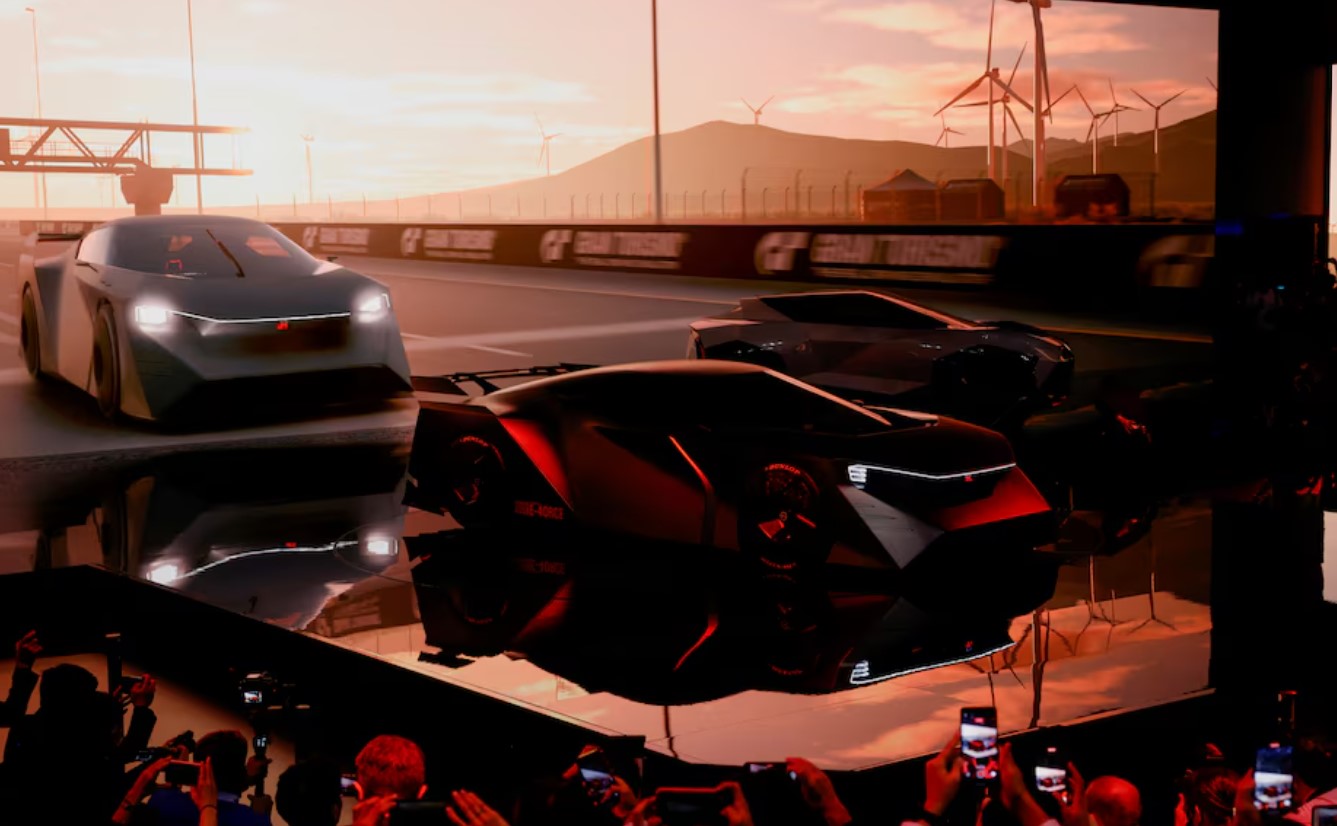Shares of Japanese automakers and South Korean battery makers fell on Tuesday, after U.S. President Donald Trump said he could impose tariffs on Canada and Mexico soon and revoked the previous administration’s executive order on electric vehicles.
But Chinese manufacturers bucked the trend, with stocks opening higher after Trump did not target China in his inauguration speech or immediately impose tariffs on Beijing as previously promised.
Shares of South Korean shipbuilders rallied with the expectation that Trump’s plans to increase gas and oil production would spur demand for transportation vessels.
The volatility in Asian shares following Trump’s inauguration underscores how policy changes under Trump could affect major manufacturers in some of Washington’s closest allies in the region, such as Japan and South Korea. These countries’ automakers and suppliers are already grappling with the transition to EVs and intense competition from fast-rising Chinese rivals.
Trump indicated potential 25% tariffs on Canada and Mexico, potentially starting on Feb. 1. This threat looms over Asian manufacturers as Trump aims to reduce the U.S. trade deficit.
Mexico in particular has long been a low-cost manufacturing hub for automakers, including Asian heavyweights.
Shares of Honda Motor (7267.T), opens new tab, Japan’s second-biggest automaker, ended down 0.3% at 1,478 yen after giving up early gains.
Honda sends 80% of its Mexican output to the U.S. market, and its chief operating officer Shinji Aoyama warned in November it would have to think about shifting production if the U.S. were to impose permanent tariffs on imported vehicles.
Shares of Mazda Motor (7261.T), opens new tab, which exported about 60% of around 209,000 vehicles produced at its plant in Guanajuato, Mexico, to the U.S. in 2024, ended down 2.0% after Trump’s comments.

